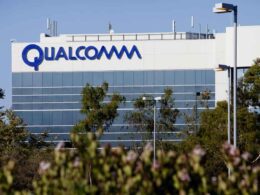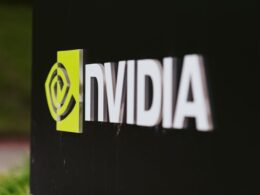In August 2019, Huawei, a Chinese company, unveiled its artificial intelligence (AI) computing accelerator, Ascend 910. However, due to U.S. sanctions, processor manufacturer TSMC was unable to produce 7-nm chips for it. Last year, Huawei launched Ascend 910B, which was developed using China’s own 7-nm process by SMIC. Experts believe that this accelerator may outperform the NVIDIA A100 in terms of speed.
At least, that’s what market sentiment reported by the South China Morning Post has suggested. According to Dylan Patel from SemiAnalysis, Ascend 910B theoretically slightly surpasses NVIDIA’s A100 in handling AI computations. Also notable is the fact that Huawei’s chip is produced by SMIC using a 7-nm process – the most advanced available to Chinese developers.
Last month, NVIDIA’s CEO and founder, Jensen Huang, referred to Huawei as a “really very good company,” acknowledging that their operation is constrained by limited access to advanced technology, but they still retain the capacity to build amazing computing systems by combining available chips in large quantities.
Sources interviewed by the South China Morning Post acknowledged that Huawei’s Ascend 910B accelerators are available for order, but quantities are limited due to high demand. A server equipped with eight such accelerators is priced, in the Chinese market, around $208,395, comparable to a similarly equipped system based on the NVIDIA A100, which can only reach the local market through illicit channels due to sanctions. NVIDIA’s advantage continues to be its well-established software development ecosystem. Huawei needs to work closely with partners to achieve comparable success in software development.





